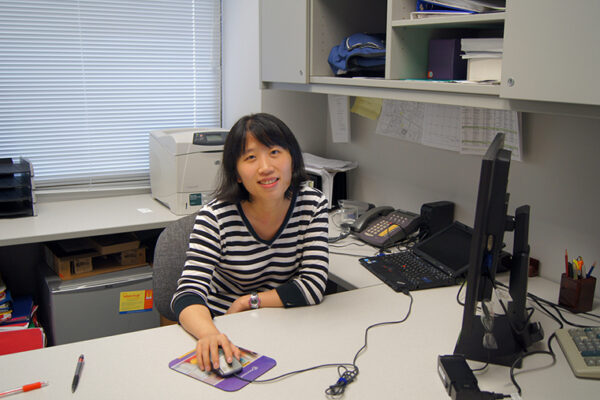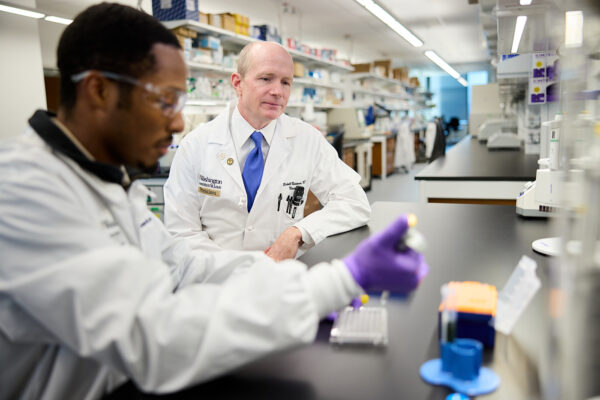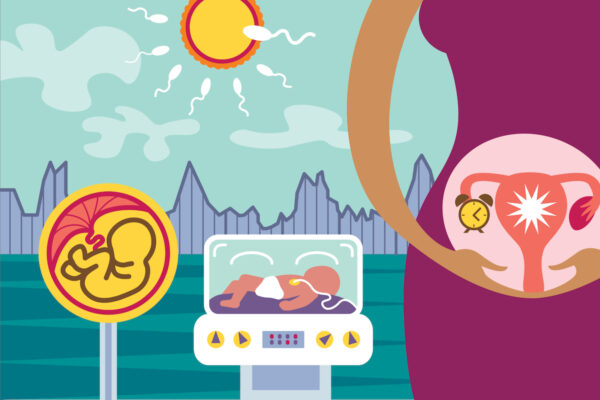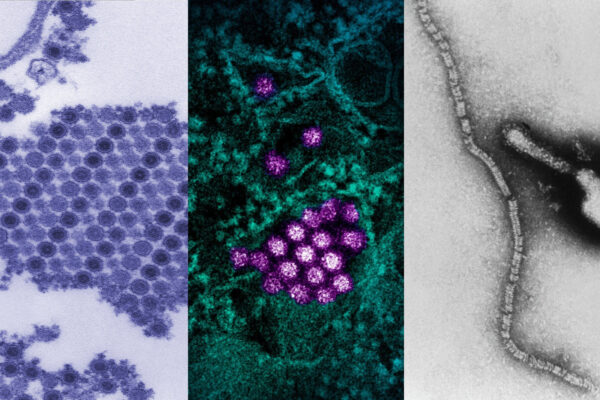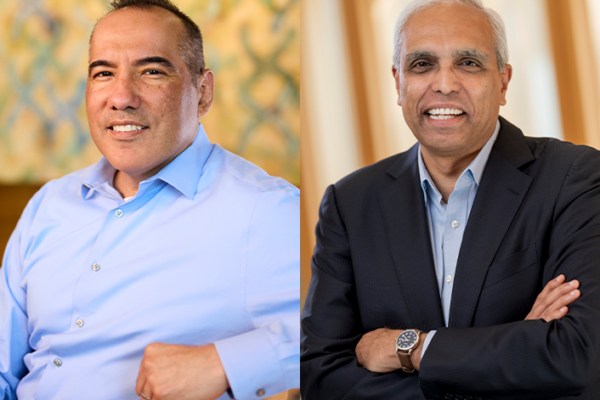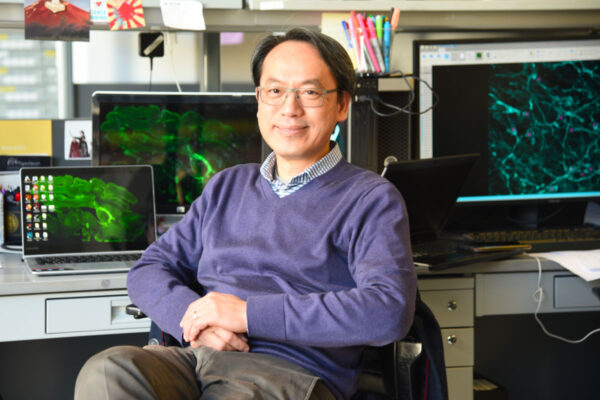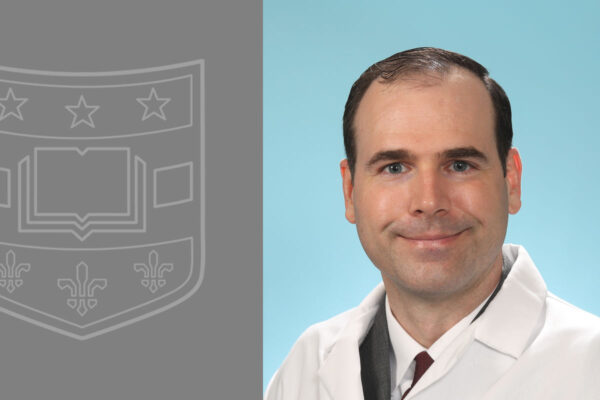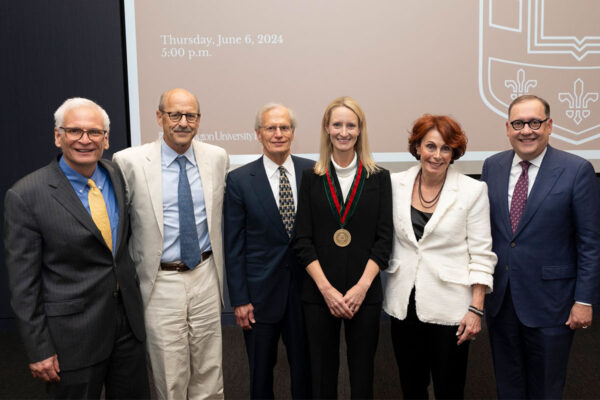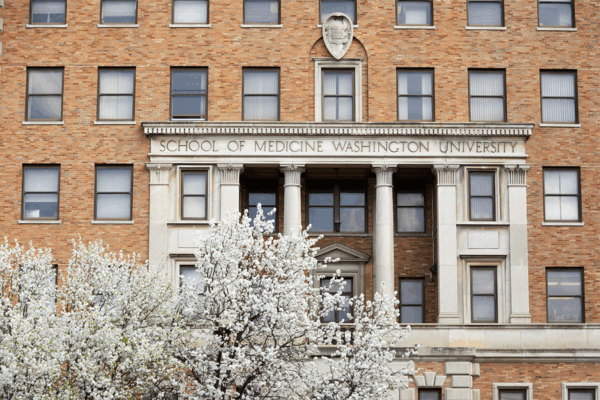Neurons that trigger sneezing, coughing identified in mice
Qin Liu, a professor of anesthesiology at WashU Medicine, has identified the specific neurons that trigger sneezing and coughing in mice.
WashU research funding exceeds $1 billion for first time
For the first time, annual research funding to Washington University in St. Louis has surpassed $1 billion. That funding supports WashU researchers tackling big challenges from Alzheimer’s disease to air pollution to childhood depression. Research funding also ripples across the economy, sparking job growth, construction and local spending.
WashU Medicine to offer reproductive sciences master’s program
WashU Medicine is launching a new master’s program in reproductive sciences. Students will complete a thesis project in one of WashU Medicine’s reproductive biology labs.
WashU Medicine leads two major pandemic preparedness research projects
Two grants totaling $30 million a year for three years support efforts to design vaccines and drugs for understudied virus families. WashU Medicine scientists are leading the efforts.
Two WashU faculty honored by biochemistry group
Two WashU faculty members, Benjamin Garcia and Rohit Pappu, have received annual awards from the American Society for Biochemistry and Molecular Biology.
Huang named head of pathology and immunology
Eric J. Huang, MD, PhD, a renowned physician-scientist specializing in neurodevelopmental and neurodegenerative diseases, has been named the Edward Mallinckrodt Professor and head of the Department of Pathology & Immunology at Washington University School of Medicine in St. Louis.
Walsh awarded career development award
James Walsh, MD, PhD, an assistant professor of ophthalmology and visual sciences at WashU Medicine, has received a four-year $350,000 career development award from Research to Prevent Blindness.
Wall installed as Baker Professor
Lindley B. Wall, MD, has been installed as the Jacqueline N. Baker and W. Randolph Baker Professor at WashU Medicine. Wall is a national leader in hand and upper-extremity surgeries for pediatric patients.
25 Washington University members selected for medical honor society
The Alpha Omega Alpha (AOA) Honor Medical Society chapter at WashU Medicine has announced 25 inductees for its Class of 2024.
Strategy evaluated for boosting exercise capacity in heart failure patients
Researchers at Washington University School of Medicine have received a $2.9 million grant from the National Institutes of Health (NIH) to conduct a clinical trial investigating whether inorganic nitrate can improve muscle function and exercise performance in patients with heart failure.
Older Stories
